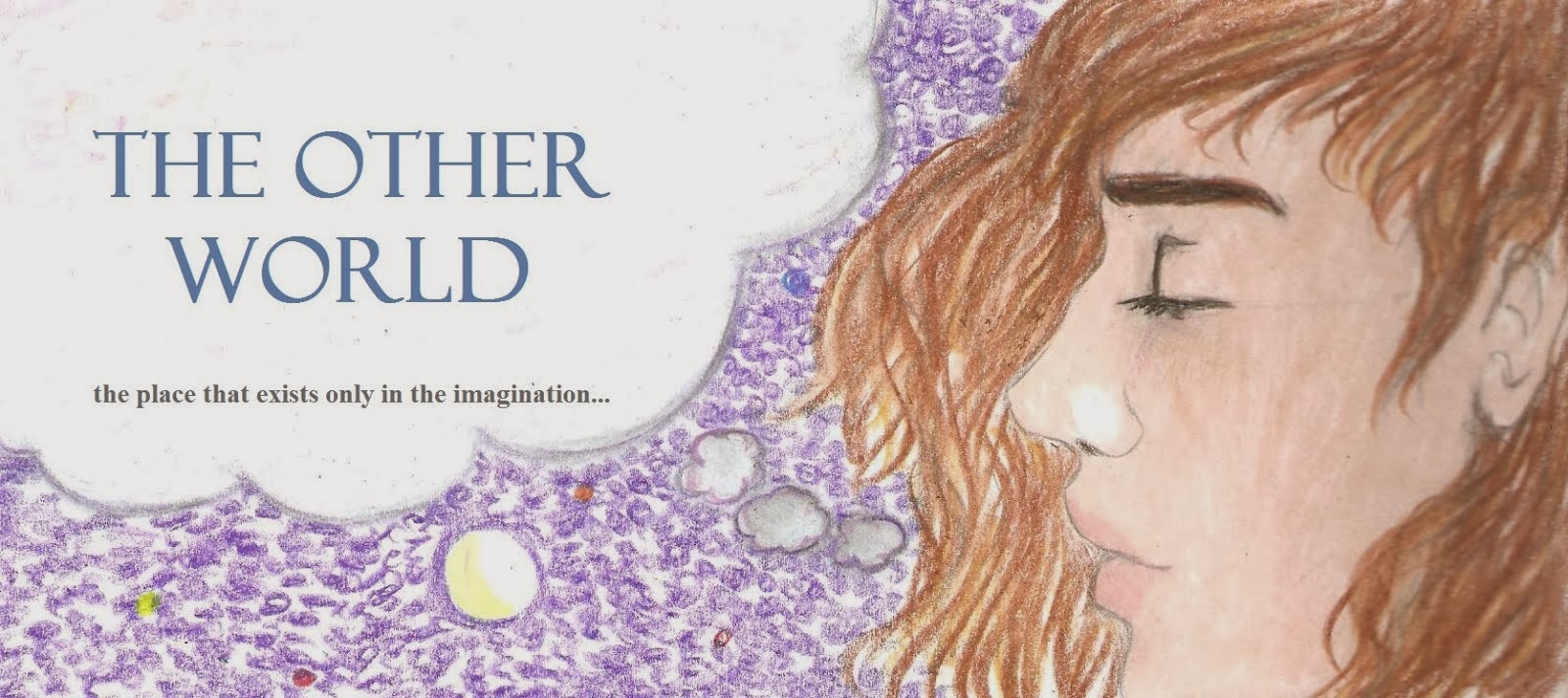All right, so while I am a romantic at heart, I'm often disenchanted by romance in popular books or movies--or perhaps, I'm more disenchanted by people's reactions to them. One example in particular is The Phantom of the Opera, which I saw for the first time last year on my first reading break at university.
Among my friends and family I am known for having an opinion about almost everything, and usually I am quick to voice it. This case was no different. While many others I know swoon over Eric and how misunderstood he was, I preferred the quiet, understated Raoul. And I hated how, in the movie, the last scene seems to imply that the connection the Phantom and Christine shared was stronger than that of her and Raoul.
Which brings me to the point of this post. The tendency to romanticize disastrous relationships while dismissing the quieter suitors as boring and unable to bring out or appreciate the heroine's fiery spirit. This idea is seen in the insistence on Christine/Eric, however subtly suggested in the movie. Basically, the 'bad boy' is glamorized.
There are many authors that take this trope and twist it. Shannon Hale, in her book Enna Burning, tackles this problem in the character of Sileph, whose smooth-talk, charming manner, and good looks ensnare Enna, the main protagonist. He accepts and encourages her ability to control fire, without any thought to the consequences for her. Enna, like many of us readers might, therefore ignores the suit of Finn, a quiet, steadfast forest boy.
The righteous boy.
I wouldn't be so concerned about this issue if I didn't see its consequences in real life. I've known girls and women who have fallen for the 'bad boy,' who have embraced the idea of an unhealthy relationship and made it something 'romantic.' It turns my stomach and has invoked a slight cynicism of romance altogether that I regularly struggle against.
So how can we, as writers, change this? I've seen it argued, very well too, that readers know better, that they can see the fact from fiction. But the very same writers will agree that words have power to influence. So we can't have it both ways. We can't have the glorified, unhealthy men in our novels and not expect readers to glorify them. Of course everyone knows fact from fiction, but it's the context, the social idea, behind the characters in these books that blur the lines.
Eric isn't just Eric. He's every boy who has ever been picked on and pins all his chances of happiness on one girl.
Enna isn't just Enna. She's every girl who's wanted to be noticed, who's wanted a boy to charm her and love her and seem to accept her as she is, make her feel beautiful.
Characters have power because they aren't just characters--they're parts of ourselves on the page. And it's so easy to see people on paper and think they're not dangerous, that they can't affect us.
But one reason why I love to write is because I know words have a way of connecting with others. Words are our thoughts and emotions, our desires and non-desires, tangled into a tale of someone else's life. But underneath it all runs another story, one between and above and under and sometimes through the lines.
So we have to ask ourselves: How do we encourage the romance of the righteous?
(Please don't misunderstand. I realize and accept that some 'bad boy' characters are written on purpose, for a particular point or character arc. I'm not talking about those. I'm talking about the ones who are more subtle; whose character is 'bad' but more likely to be described as 'misunderstood.')
Shannon Hale does this wonderfully. I've never read a Shannon Hale hero I couldn't love and respect and cheer for. Her heroes are each very different, but NONE of them are the typical 'bad boy' character you'd expect from popular culture. They're not the handsome, brooding, mysterious vampires or the womanizing super hero we're so quick to laud.
No. Some are princes, some are beggars, some are goofs.
But they all treat the women in their lives with respect. They love and cherish them. These men don't angst about their problems--they go out and solve them. They ask for help when they need it and don't push their love interests around as though they have no brains.
If you can't tell, I'm utterly infatuated with all of them.
But what Shannon Hale does so well is that she doesn't make a big deal out of this. She does it so naturally, so subtly in her novels--like she's asking: Why isn't every girl out there finding guys like these? This--this is what normal is.
Normal does NOT equal the misunderstood boys whose complete and utterly creepy fascination with the heroine is supposed to make us sigh. It does NOT equal the smart-talking hero who sleeps around and later manages to convince some idiot that she's actually his ONE TWU LUV.
No. What's normal is a man who puts the best interest of the heroine first, who tells her what she needs to hear, and who treats her like a human being. The hero whose goals and ideas align with the heroine's, creating a mutual respect that is the foundation of something more.
We need to take this sort of relationship and shout it from the rooftops. We need YA authors to break out of the creepy love interest idea and dare to be different--dare to romance the righteous and leave their bad boys in the dust.


No comments:
Post a Comment
Hello! Thanks for commenting! I ask only a few things: please do not post anything that disparages others or is offensive. No swearing or taking the Lord's name in vain, especially. Thank you, and be blessed!